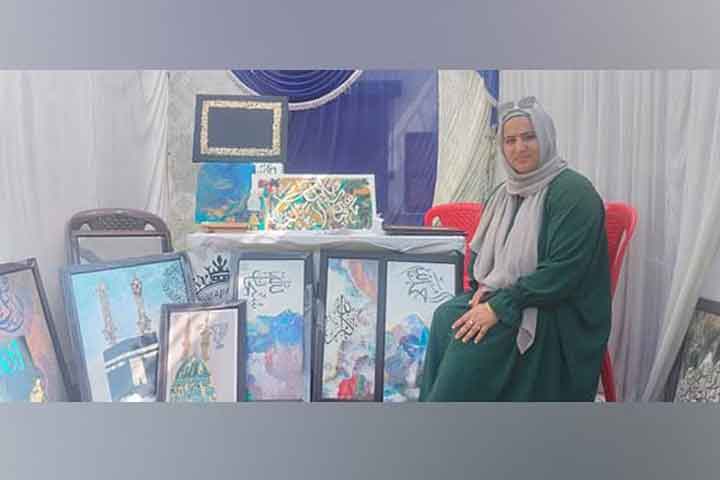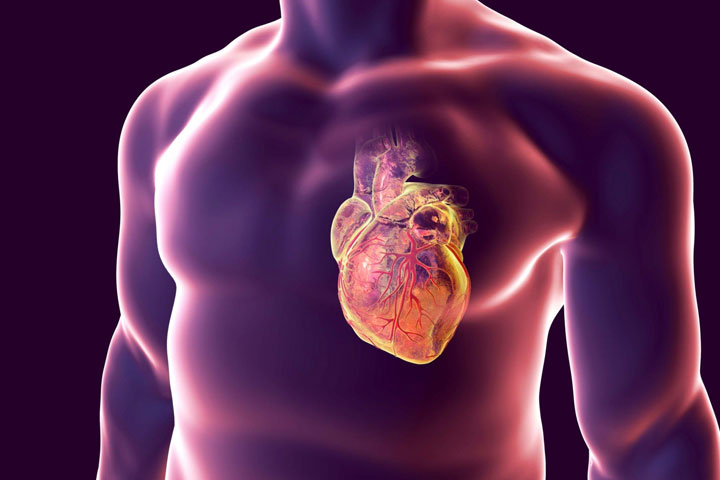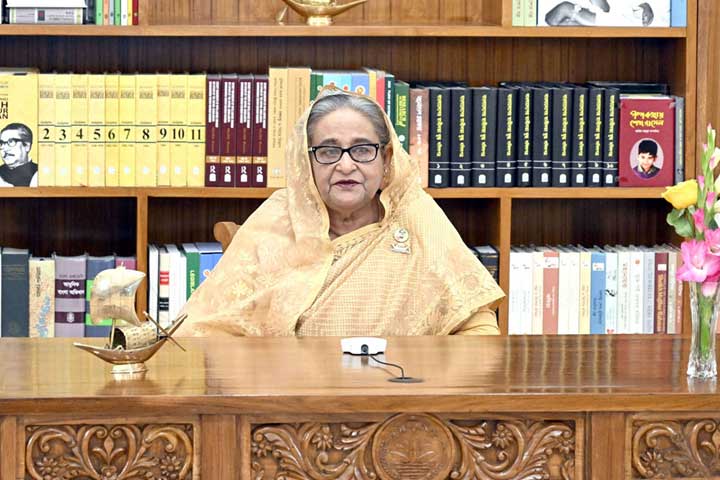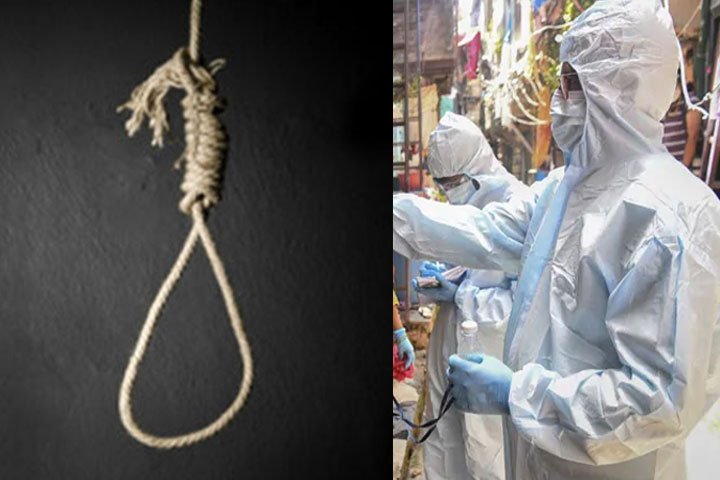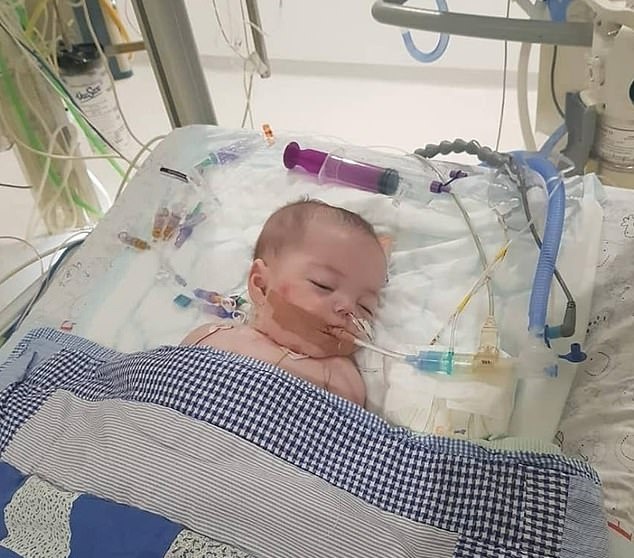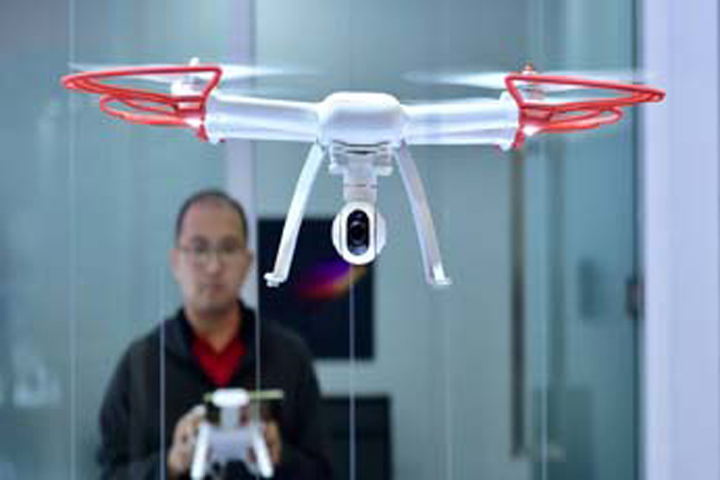Meet Saiqa Rashid Who Weaves Inspirational Art, Calligraphy from Heart of Kashmir
Saiqa Rashid is an Assistant Engineer at Power Development Department (PDD) whose passion for art and calligraphy has blossomed into a remarkable journey of self-expression and inspiration.
From a young age, Saiqa has had an innate talent for calligraphy and painting, a passion that was nurtured by her love for artistic endeavours. Throughout her childhood, she participated in mehndi competitions, showcasing her intricate designs and earning the coveted title of winner for four consecutive years. During her college days, she also excelled in art competitions, further fueling her passion for creative expression.
However, as life unfolded and personal responsibilities took centre stage, Saiqa's artistic pursuits took a backseat. It wasn't until the outbreak of the Covid-19 pandemic that she rediscovered her creative spark and reignited her love for art. In the midst of uncertainty and isolation, Saiqa turned to her artistic talents as a source of solace, joy, and a means to channel her emotions.
What sets Saiqa apart as an artist is her deep-rooted connection to her homeland, Kashmir. The majestic beauty of the region serves as a constant source of inspiration for her artwork. Through her creations, she aims to capture the essence of Kashmir, its rich culture, and the profound spiritual influence of Islamic art.
Saiqa's artwork embraces various forms, including abstract art, modern art, and calligraphy. She skillfully blends colours, dots, lines, and words to convey a deeper meaning that sparks the imagination. Her preferred mediums include acrylic paint, ink on paper, and canvas, which she uses to infuse her pieces with vibrant, non-traditional colours and unique calligraphy styles.
When asked about her artistic process, Saiqa explains, "I believe that art is a language of the soul. Each stroke of the brush, each intricate design, carries a piece of my heart and soul. Through my artwork, I hope to inspire others, to evoke emotions, and to encourage viewers to appreciate the beauty that surrounds us."
Saiqa's dedication to her craft is evident in the exquisite details and intricate patterns that adorn her creations. Her artwork not only serves as a visual feast but also as a reflection of her innermost thoughts and experiences.
As she continues to evolve as an artist, Saiqa dreams of showcasing her work in exhibitions and galleries, both nationally and internationally. She aspires to create a bridge between cultures, using her art as a means to foster understanding, appreciation, and unity.
Saiqa's artistic journey is a testament to the power of pursuing one's passions, even amidst life's demands and challenges. Through her art, she not only breathes life into canvases but also celebrates the beauty of her beloved Kashmir, weaving together a tapestry of inspiration, culture, and creative expression.
In the words of Saiqa herself, "My art is an extension of my soul, a reflection of my roots. Through it, I hope to spread love, inspire imagination, and create a lasting impact."
12 Jun 2023,13:20




















 Live Tv
Live Tv
